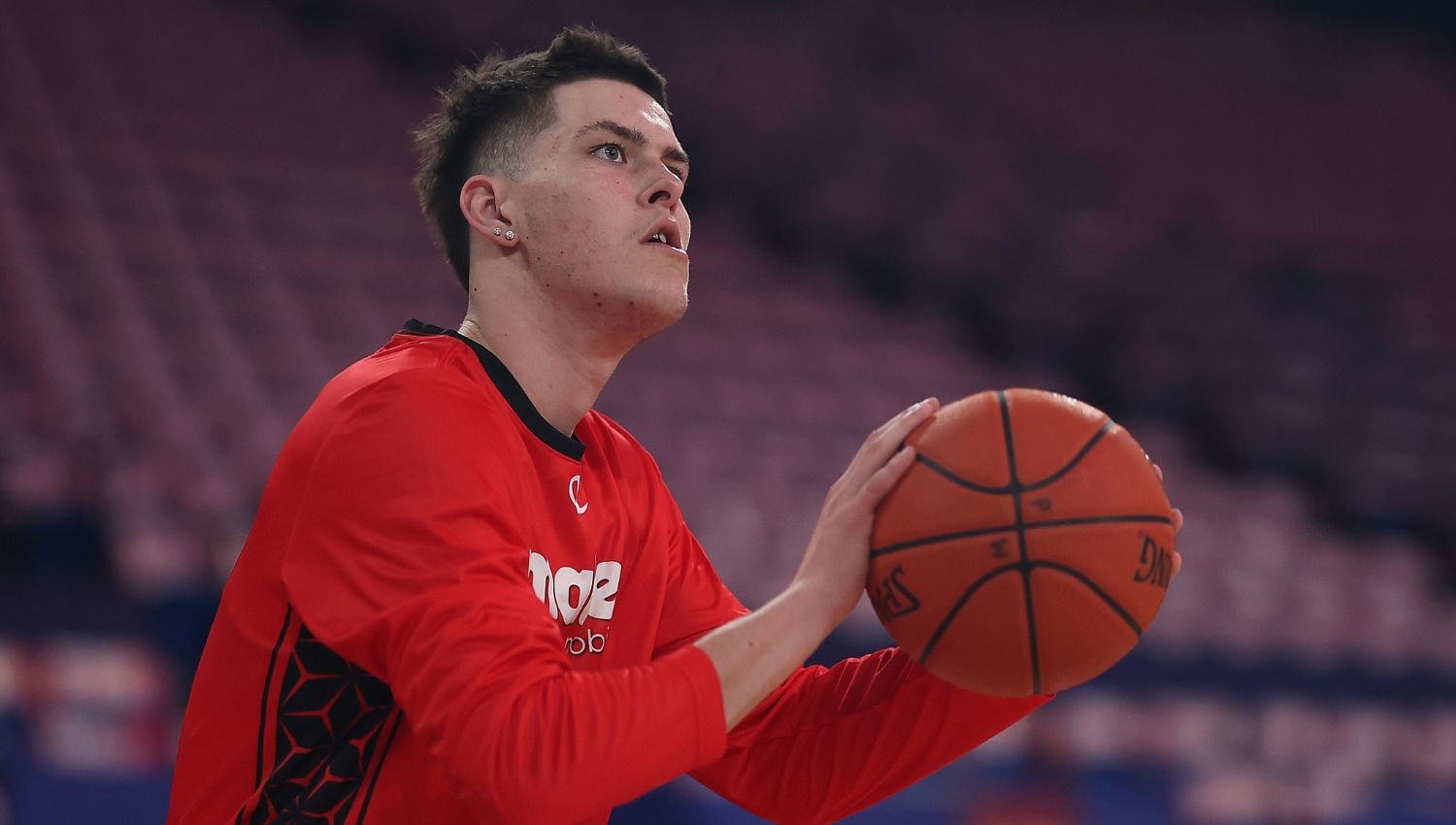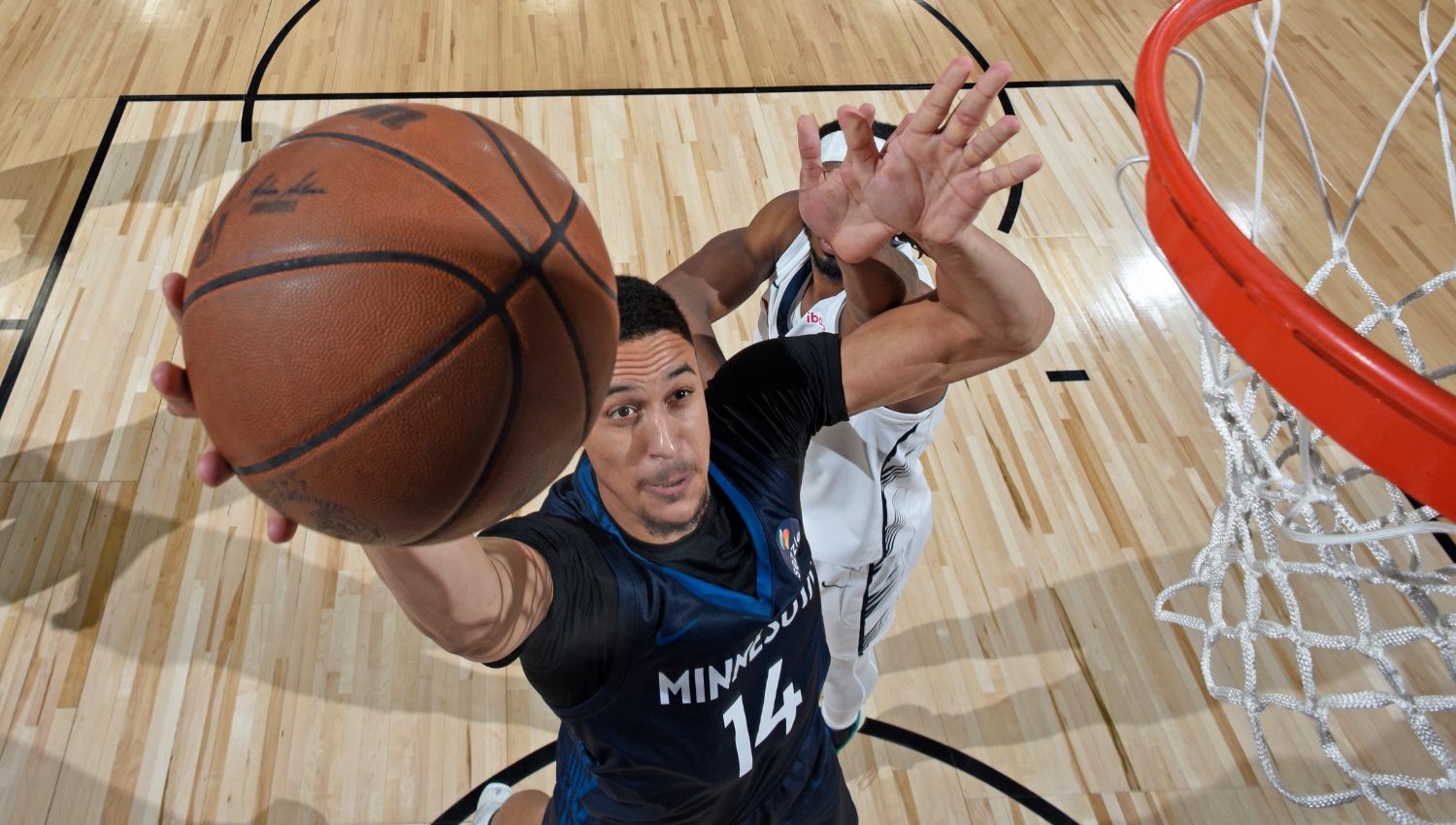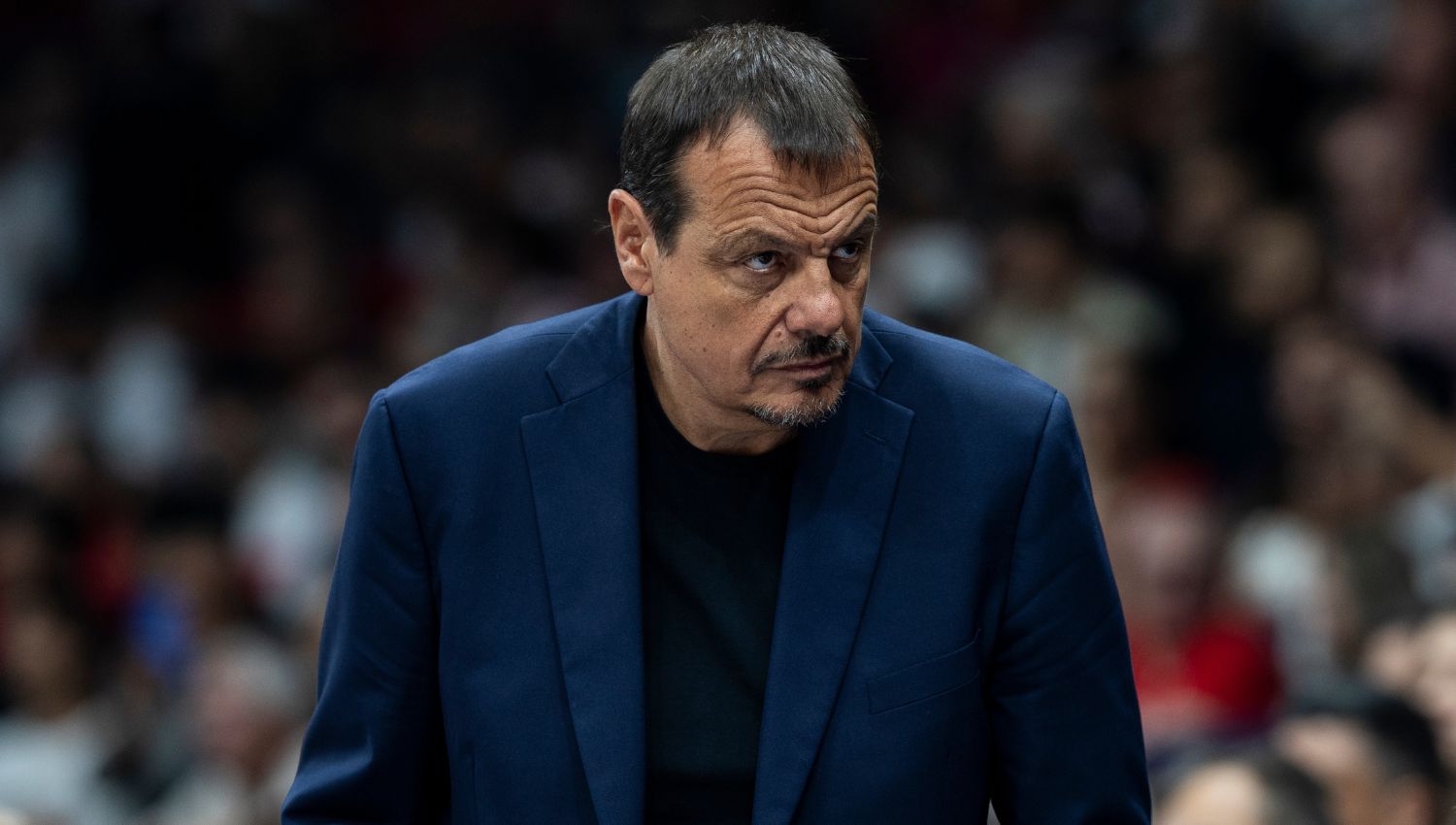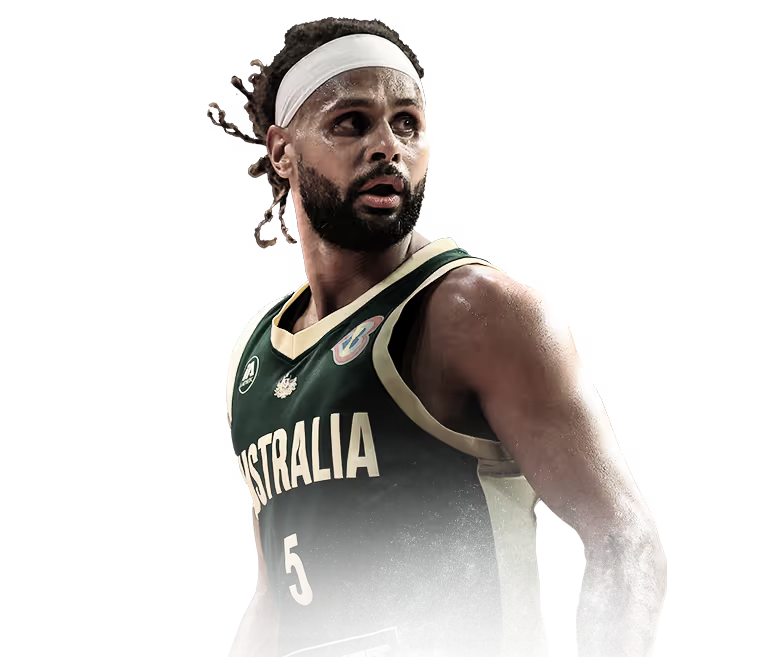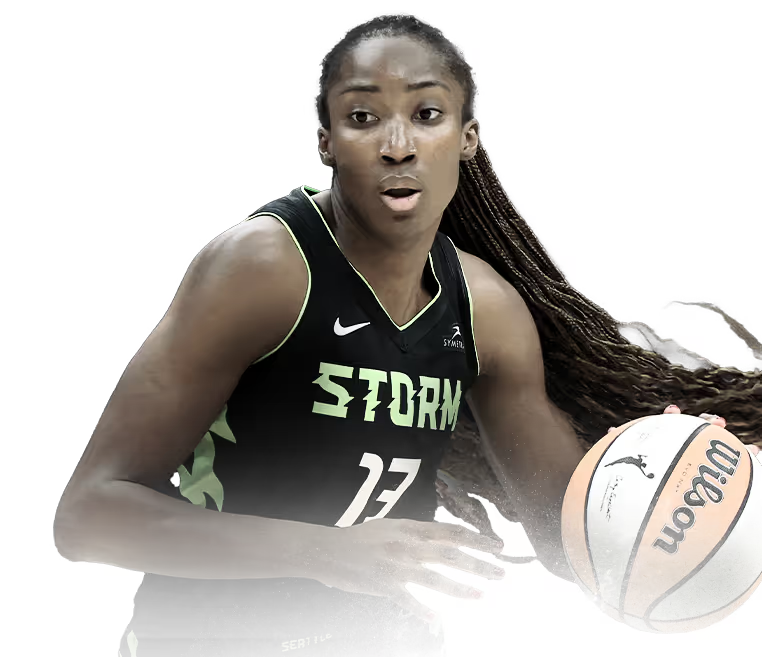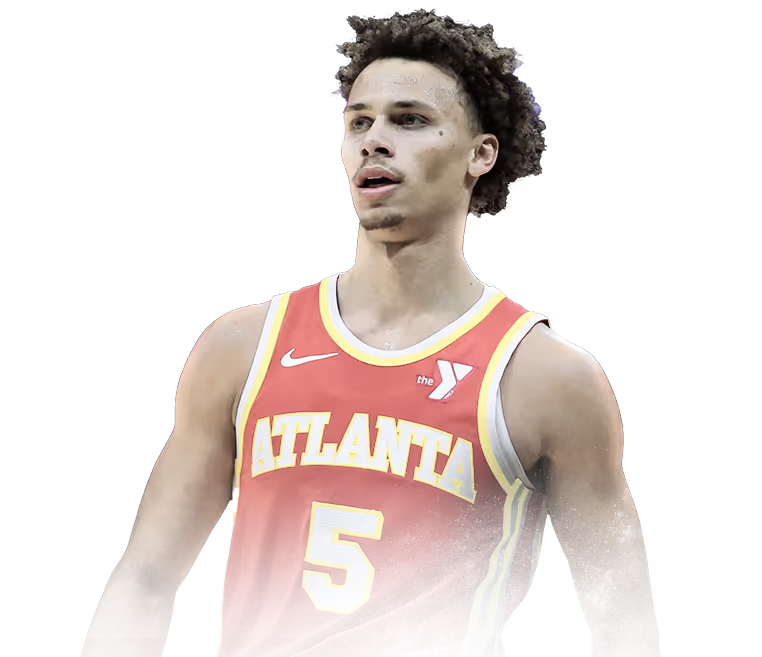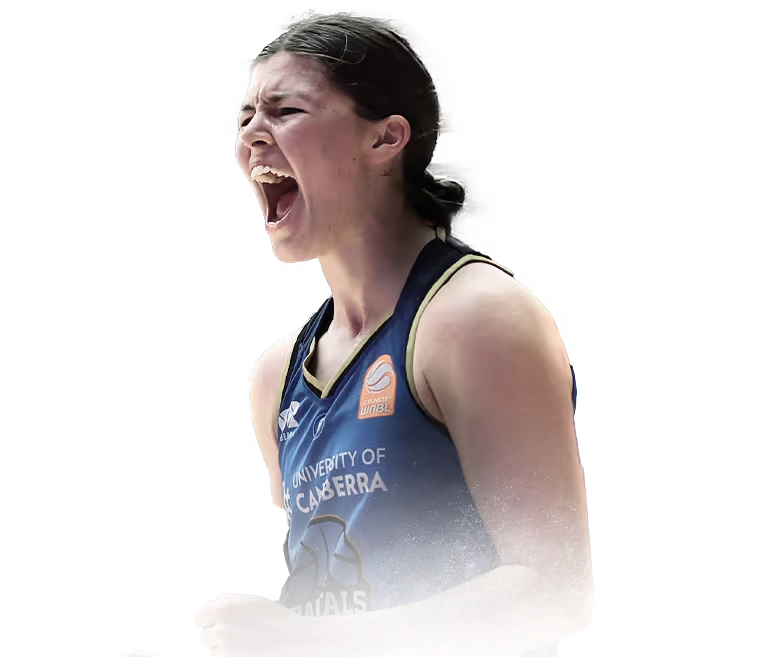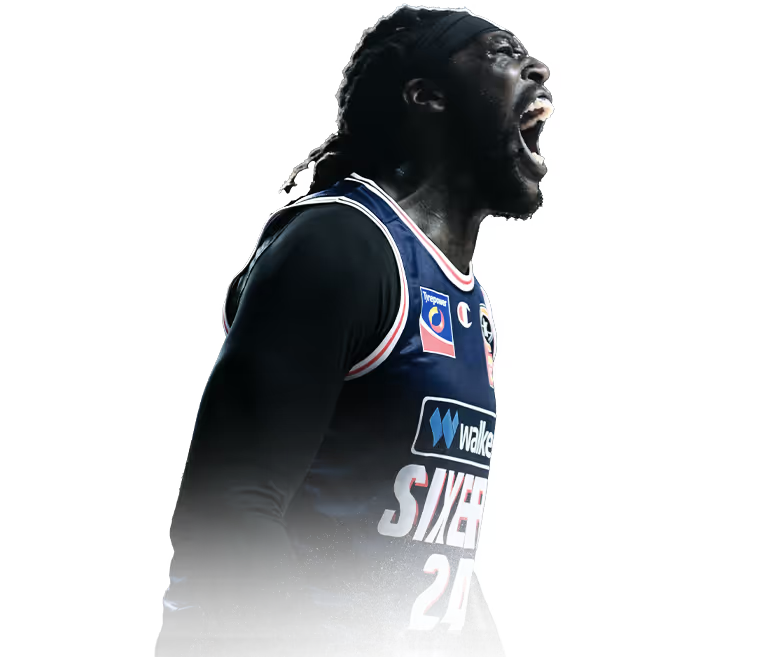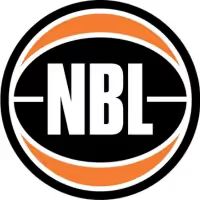

3
Sep
Time Machine
Launceston gamble that paid off for Tasmanian city
How Launceston City Casino won the 1981 NBL championship in its short three-year history
- What can be improved: 5 ideas to take the NBL Blitz to the next level
- New Zealand Breakers claim 2025 NBL Blitz title in Canberra
- Capital Gains? Canberra’s NBL case builds
- 'Cloud Nine': Hobart wins ninth licence in 2026-27
There have been 37 defunct franchises in the history of the NBL, teams that either folded or merged in the league’s long journey toward stability.
Today, Australian basketball boasts record crowds, global stars, and genuine national reach, but that wasn’t always the case. In its formative years, the NBL was a wild, unpredictable experiment.
Many clubs were short-lived, their legacies fading into obscurity. But few are as strange, surprising, or beloved as Launceston City Casino, a team from regional Tasmania, backed by gambling money, and thrown into a rapidly evolving national competition.
They only existed for three years and yet, in their brief time, they pulled off one of the most unexpected feats in NBL history. Not because they dominated, but because they did the opposite: they disrupted, surprised, and then disappeared. And yet, even to this day they inspire and reinforce the legacy of basketball for Tasmania and the rest of the country.
Their story begins in 1980, when the Launceston City Casino basketball team was formed as part of the NBL’s early expansion efforts, giving Tasmania their first chance in an Australian professional sports league.
Backed by Tasmania’s first casino, the team was more a marketing tool than a sporting powerhouse. In their debut season, they struggled for wins, finishing near the bottom of the ladder with a 9-13 record, struggling to form a competent defence.
Their star player was Aussie legend and now NBL Hall of Famer the late Ian Davies, who was born in Tasmania and spent most of his life on the island. To play professionally in front of friends and family was a dream come true.
In the 1980 NBL offseason, Ian Davies led the Boomers in scoring at the Moscow Olympics and Casino City signed Aussie talent to fill out their roster, but their on court result wasn’t expected to change much to their first season.
But it was at this point that a shift was happening off the court, as it was during the 1981 season that Tasmania truly embraced its team. What began as a curiosity, transformed into a source of state pride. Crowds packed into the Dowling Street Stadium, and the atmosphere became electric. The NBL would later remember Launceston as having one of the most passionate and loyal fanbases in the league’s early years.
They even had a team song that many Tasmanians still remember fondly.
Just as iconic, the team published a team cookbook for charity, a quirky but beloved collection of favourite recipes from players and staff. More than just a novelty, it became a cult hit across the island. Families cooked from it religiously meat pies, potato bakes, and banana bread named after their basketball heroes. For many in Tasmania, it wasn’t just a cookbook, it was a piece of the team they could bring into their homes.
Fresh off of his dominant run at the Olympics, Ian Davies alongside fellow stars Jim Erickson and Cliff Martin led a revitalised Launceston roster into the 1981 season with all of Tasmania behind them. This time, Launceston shockingly proved to be one of the team’s to beat in the NBL as they created the second best offense in the league that season and finished second in the ladder only behind the two time defending champions St Kilda Saints, despite having no players make the All-NBL team. A true feat of team play and cohesion.
Then, something extraordinary happened. Days before the playoffs, St Kilda opted out of the NBL finals to represent Australia at the FIBA Club World Cup, opening a playoff slot. The Casino, in a shocking twist, were now suddenly elevated to favourites and faced the Brisbane Bullets in a single elimination semi-final. Brisbane almost pulled off an upset, but the Casino prevailed by two points in a 71-69 victory, progressing them on to their first grand final.
The Grand Final was played in Adelaide as Launceston faced the Nunawading Spectres, a team known for their defense that was league best by a wide margin. On the 28th of June 1981, the two teams faced off for a chance to get the first championship in franchise history for both clubs. The game was meant to be a battle of basketball philosophies as the sharp defensive Spectres aimed to slow down Casino City’s high paced offence.
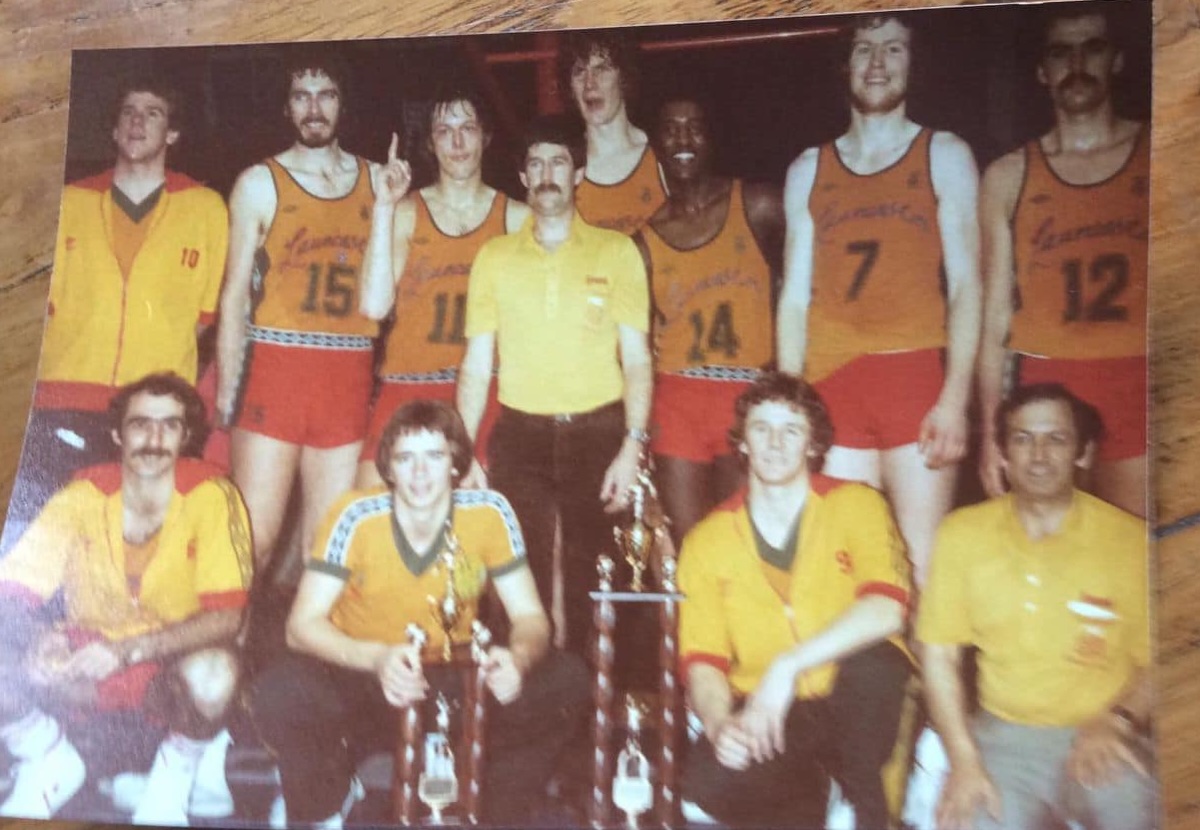
Instead, it was the Casino City who poetically managed to put on a defensive masterclass, holding the Spectres to just 54 points in a blowout 75-54 victory with Cliff Martin leading the way with 25 points.
What followed was a celebration that rocked Tasmania as it was essentially the state’s first national sport championship. The celebration was so wild they even lost the championship banner.
However, what makes this story even more remarkable was that their downfall came as quick as their success.
In the 1982 season, Launceston’s best player Ian Davies decided to make a shock move to the Newcastle Falcons and the team’s new roster failed to fit together the way it had the season prior and live up to their expectations. The City Casino finished with an abysmal final record of 5-21, flipping last year’s second best record into now the second worst with their defensive struggles coming back to haunt them.
Due to several financial struggles, the City Casino were dissolved after just three seasons, and just one after their NBL championship. Directly after their folding, the NBL announced a new team in Tasmania, the Hobart Devils.
Despite being in the league for 13 seasons, the Devils would never even qualify for the playoffs, let alone reach the heights Launceston had scaled in a flash.
When the Devils folded in 1996, Tasmania was left without an NBL team for over two decades. But the state never forgot. And in 2021, the Tasmania JackJumpers brought national basketball back to the island. Remarkably, the JackJumpers almost mirrored their predecessors, making the Grand Final in their first season, defying expectations, and uniting the state once again.
They paid tribute, too. The Casino’s team song was remastered. Their cookbook was reprinted. And when the JackJumpers won their own title in 2022, they raised two banners; one for themselves, and one for the Launceston City Casino, whose lost banner had been found in the back of a shed just before their victory.
Forty three years after Casino’s improbable title run, Tasmania had its second championship.
This hectic three year period of the Launceston City Casino is often forgotten when talking about the history of Australian basketball, but was one of the most unprecedented and inspiring championships in the nation's history. A market so small, they were only able to afford a team for three years, and yet managed to get the entire state behind them, win a title and inspire success for future teams in Tasmania.
As a member of the 1981 title winning team Dean Draper put it “That 1981 championship was one of those unbelievable things that will never happen again”.
1981 Launceston City Casino Team
- Philip Masters
- Michael Parsons
- Richard Smith
- Jim Ericksen
- Steve Warren
- Lindon Masters
- Dean Draper
- Trevor Mathew
- Cliff Martin
- Ian Davies
- Andrew Clements
NBL Champions
- 1979 — St. Kilda Saints def. Canberra Cannons, 94–93
- 1980 — St. Kilda Saints def. West Adelaide Bearcats, 113–88
- 1981 — Launceston Casino City def. Nunawading Spectres, 75–54
- 1982 — West Adelaide Bearcats def. Geelong Cats, 80–74
- 1983 — Canberra Cannons def. West Adelaide Bearcats, 75–73
- 1984 — Canberra Cannons def. Brisbane Bullets, 84–82
- 1985 — Brisbane Bullets def. Adelaide 36ers, 121–95
- 1986 — Adelaide 36ers def. Brisbane Bullets, 2–1 (series)
- 1987 — Brisbane Bullets def. Perth Wildcats, 2–0
- 1988 — Canberra Cannons def. North Melbourne Giants, 2–1
- 1989 — North Melbourne Giants def. Canberra Cannons, 2–0
- 1990 — Perth Wildcats def. Brisbane Bullets, 2–1
- 1991 — Perth Wildcats def. Eastside Spectres, 2–1
- 1992 — South East Melbourne Magic def. Melbourne Tigers, 2–1
- 1993 — Melbourne Tigers def. Perth Wildcats, 2–1
- 1994 — North Melbourne Giants def. Adelaide 36ers, 2–0
- 1995 — Perth Wildcats def. North Melbourne Giants, 2–1
- 1996 — South East Melbourne Magic def. Melbourne Tigers, 2–1
- 1997 — Melbourne Tigers def. South East Melbourne Magic, 2–1
- 1998 — Adelaide 36ers def. South East Melbourne Magic, 2–0
- 1999 — Adelaide 36ers def. Victoria Titans, 2–1
- 2000 — Perth Wildcats def. Victoria Titans, 2–0
- 2001 — Wollongong Hawks def. Townsville Crocodiles, 2–1
- 2002 — Adelaide 36ers def. West Sydney Razorbacks, 2–1
- 2003 — Sydney Kings def. Perth Wildcats, 2–0
- 2004 — Sydney Kings def. West Sydney Razorbacks, 3–2
- 2005 — Sydney Kings def. Wollongong Hawks, 3–0
- 2006 — Melbourne Tigers def. Sydney Kings, 3–0
- 2007 — Brisbane Bullets def. Melbourne Tigers, 3–1
- 2008 — Melbourne Tigers def. Sydney Kings, 3–2
- 2009 — South Dragons def. Melbourne Tigers, 3–2
- 2010 — Perth Wildcats def. Wollongong Hawks, 2–1
- 2011 — New Zealand Breakers def. Cairns Taipans, 2–1
- 2012 — New Zealand Breakers def. Perth Wildcats, 2–1
- 2013 — New Zealand Breakers def. Perth Wildcats, 2–0
- 2014 — Perth Wildcats def. Adelaide 36ers, 2–1
- 2015 — New Zealand Breakers def. Cairns Taipans, 2–0
- 2016 — Perth Wildcats def. New Zealand Breakers, 2–1
- 2017 — Perth Wildcats def. Illawarra Hawks, 3–0
- 2018 — Melbourne United def. Adelaide 36ers, 3–2
- 2019 — Perth Wildcats def. Melbourne United, 3–1
- 2020 — Perth Wildcats def. Sydney Kings, 2–1
- 2021 — Melbourne United def. Perth Wildcats, 3–0
- 2022 — Sydney Kings def. Tasmania JackJumpers, 3–0
- 2023 — Sydney Kings def. New Zealand Breakers, 3–2
- 2024 — Tasmania JackJumpers def. Melbourne United, 3–2
- 2025 — Illawarra Hawks def. Melbourne United, 3–2
🏆 NBL Championship Leaderboard
Perth Wildcats — 11 titles
1990, 1991, 1995, 2000, 2010, 2014, 2016, 2017, 2019, 2020, 2021
Melbourne Tigers / Melbourne United — 6 titles
- Tigers (4): 1993, 1997, 2006, 2008
- United (2): 2018, 2021
Sydney Kings — 5 titles
2003, 2004, 2005, 2022, 2023
Adelaide 36ers — 4 titles
1986, 1998, 1999, 2002
New Zealand Breakers — 4 titles
2011, 2012, 2013, 2015
Brisbane Bullets — 3 titles
1985, 1987, 2007
Canberra Cannons — 3 titles
1983, 1984, 1988
South East Melbourne Magic — 2 titles
1992, 1996
North Melbourne Giants — 2 titles
1989, 1994
Wollongong / Illawarra Hawks — 2 titles
2001 (Wollongong), 2025 (Illawarra)
St. Kilda Saints — 2 titles
1979, 1980
South Dragons — 1 title
2009
Launceston Casino City — 1 title
1981
West Adelaide Bearcats — 1 title
1982
Tasmania JackJumpers — 1 title
2024
Exclusive Newsletter
Aussies in your Inbox: Don't miss a point, assist rebound or steal by Aussies competing overseas. Sign-up now!


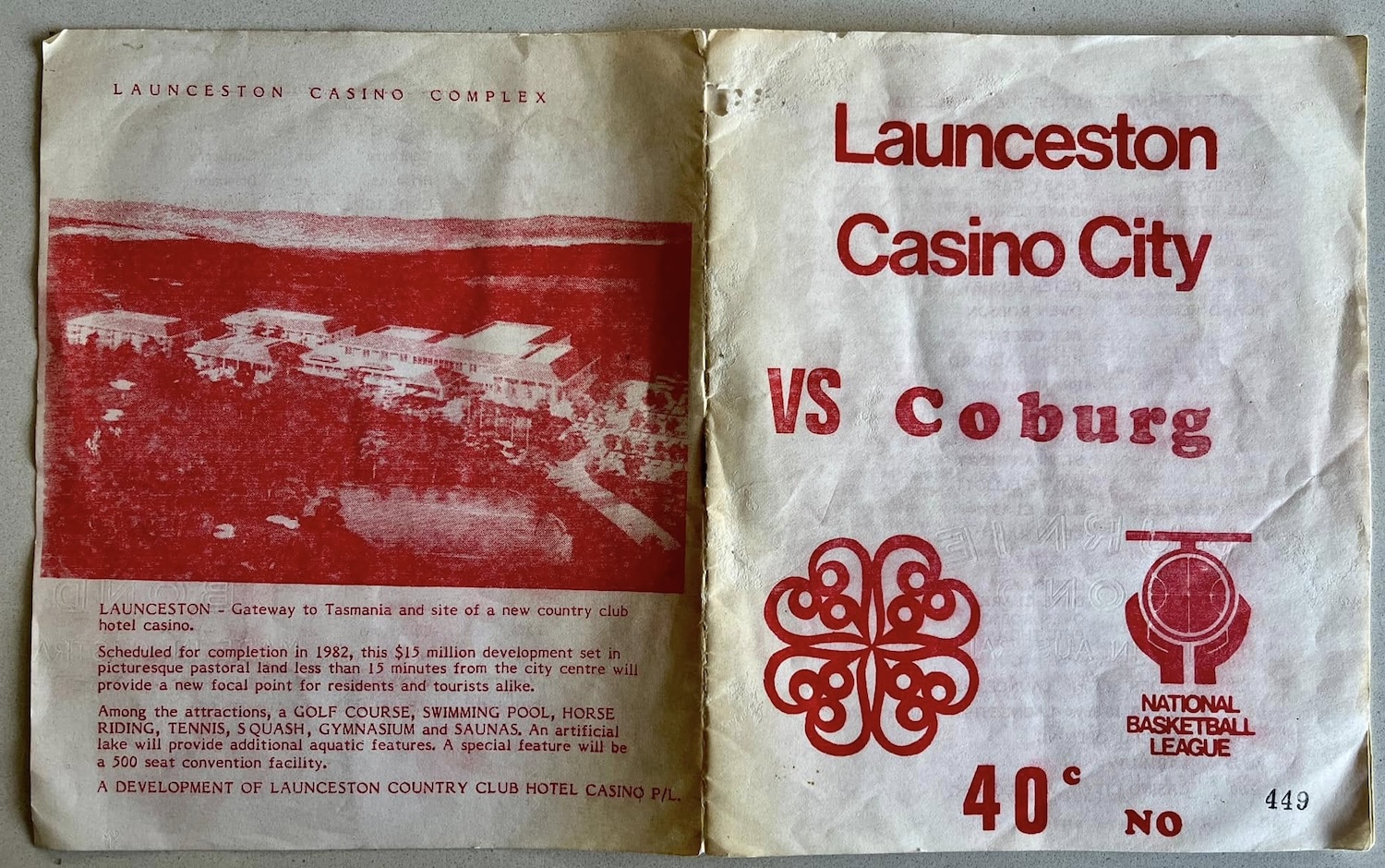
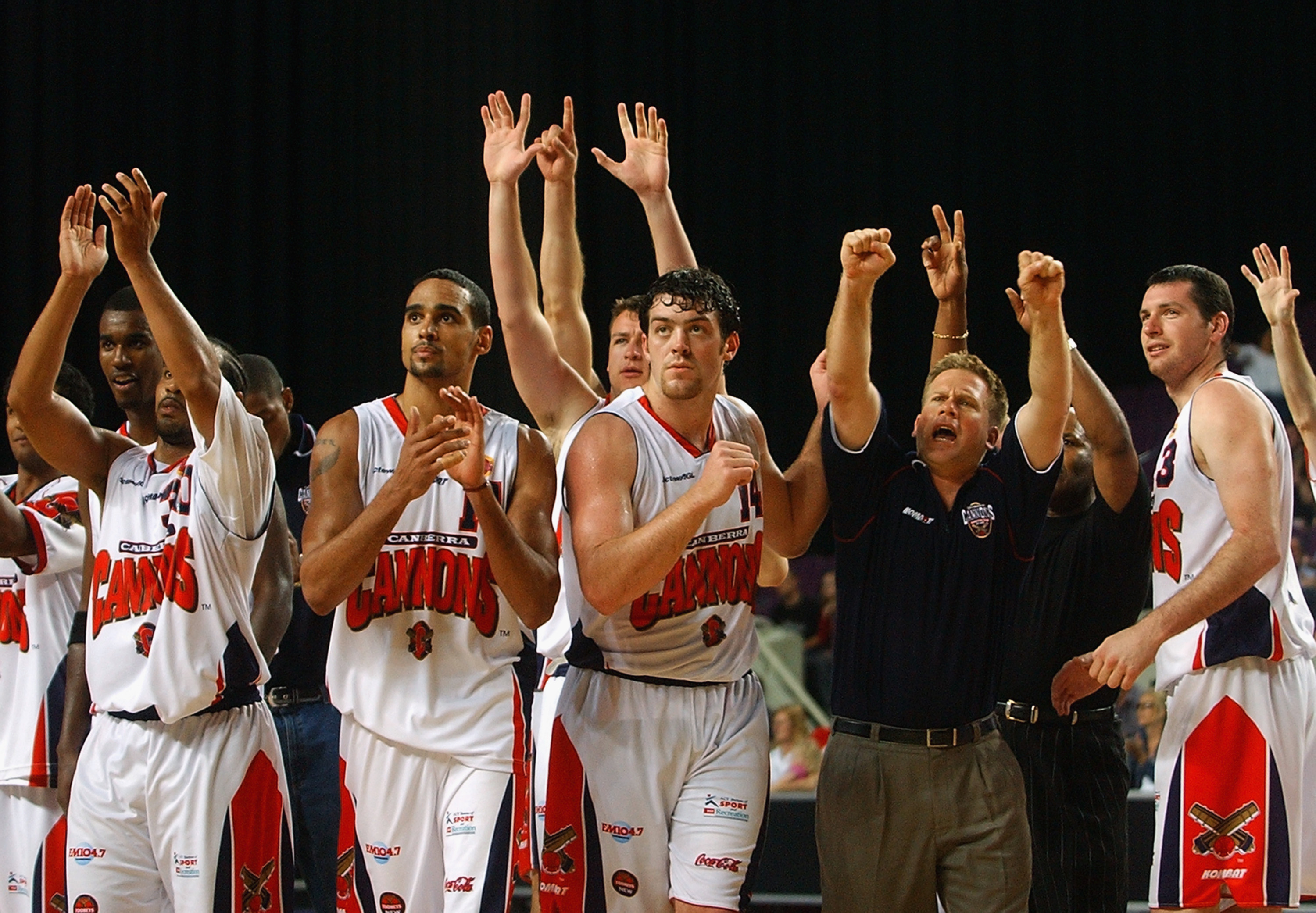
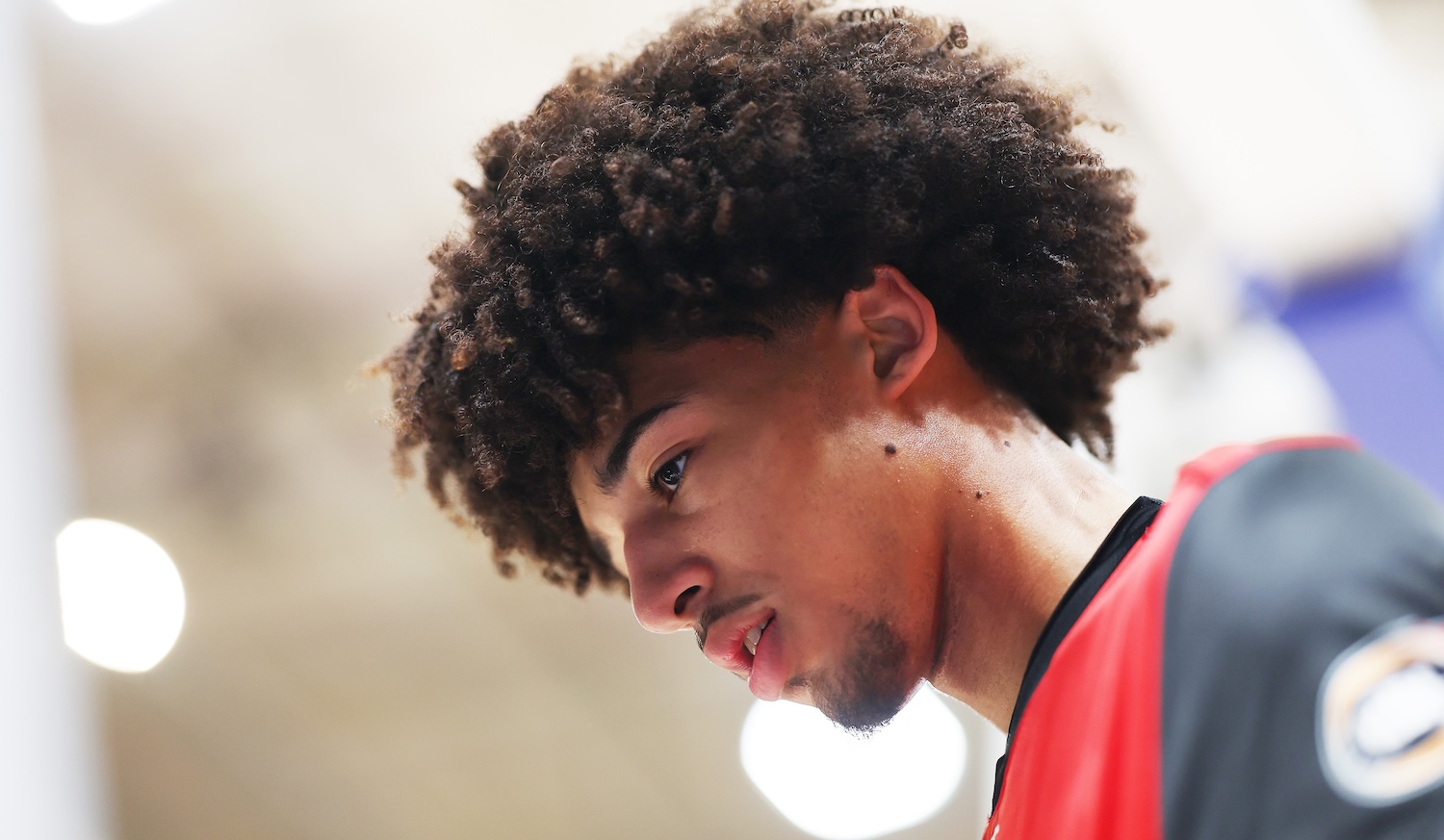
.png)

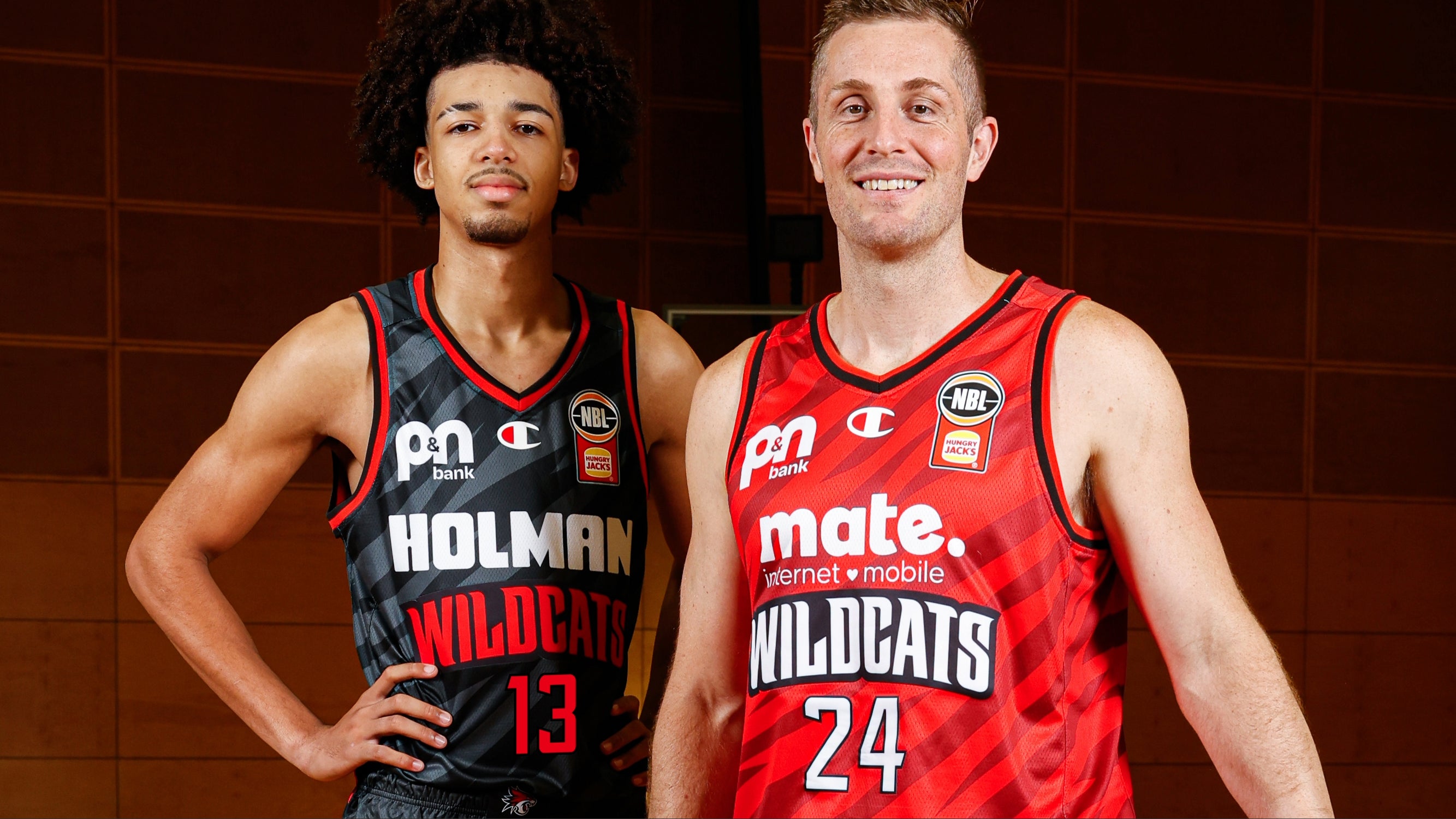

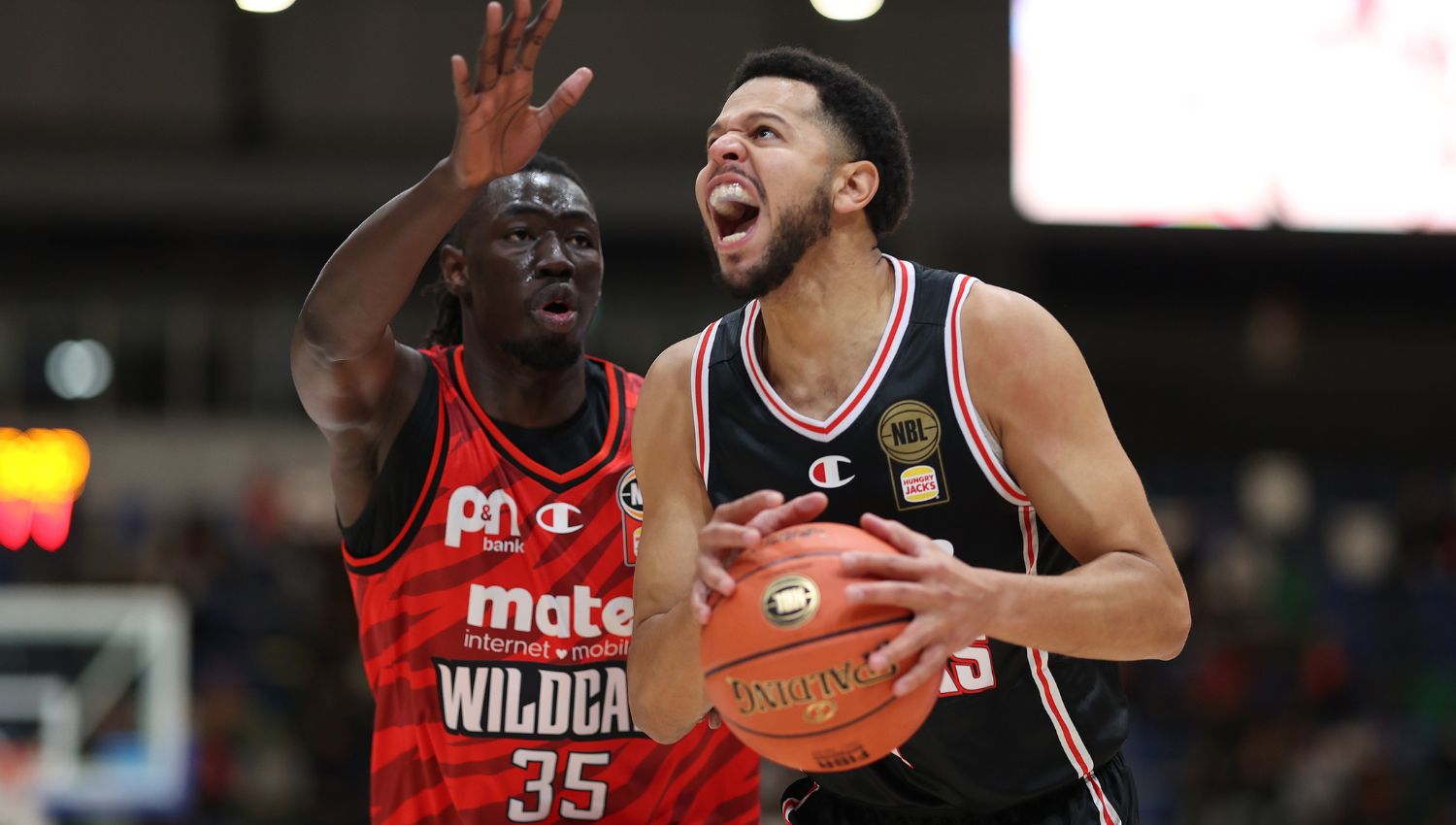

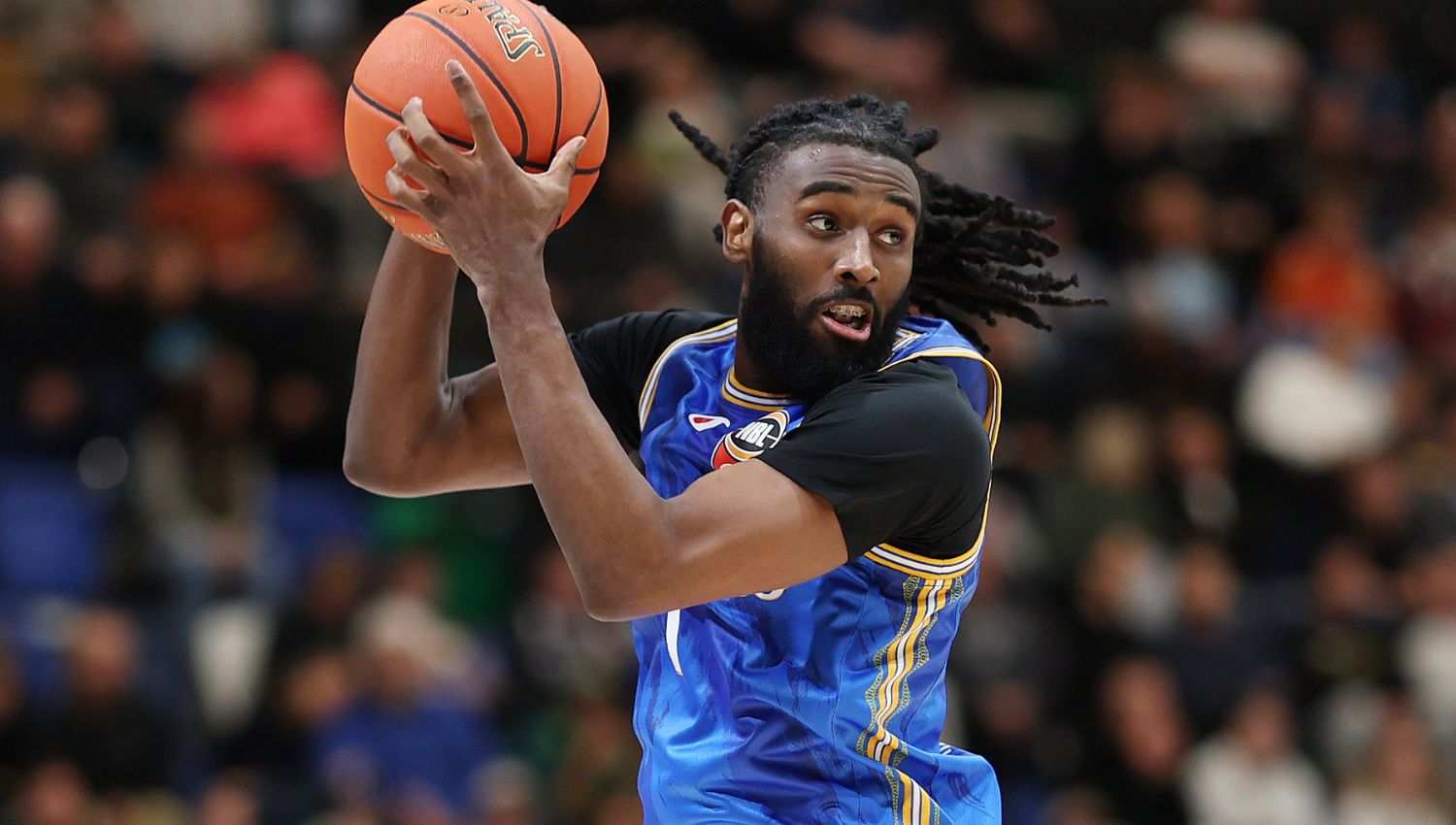
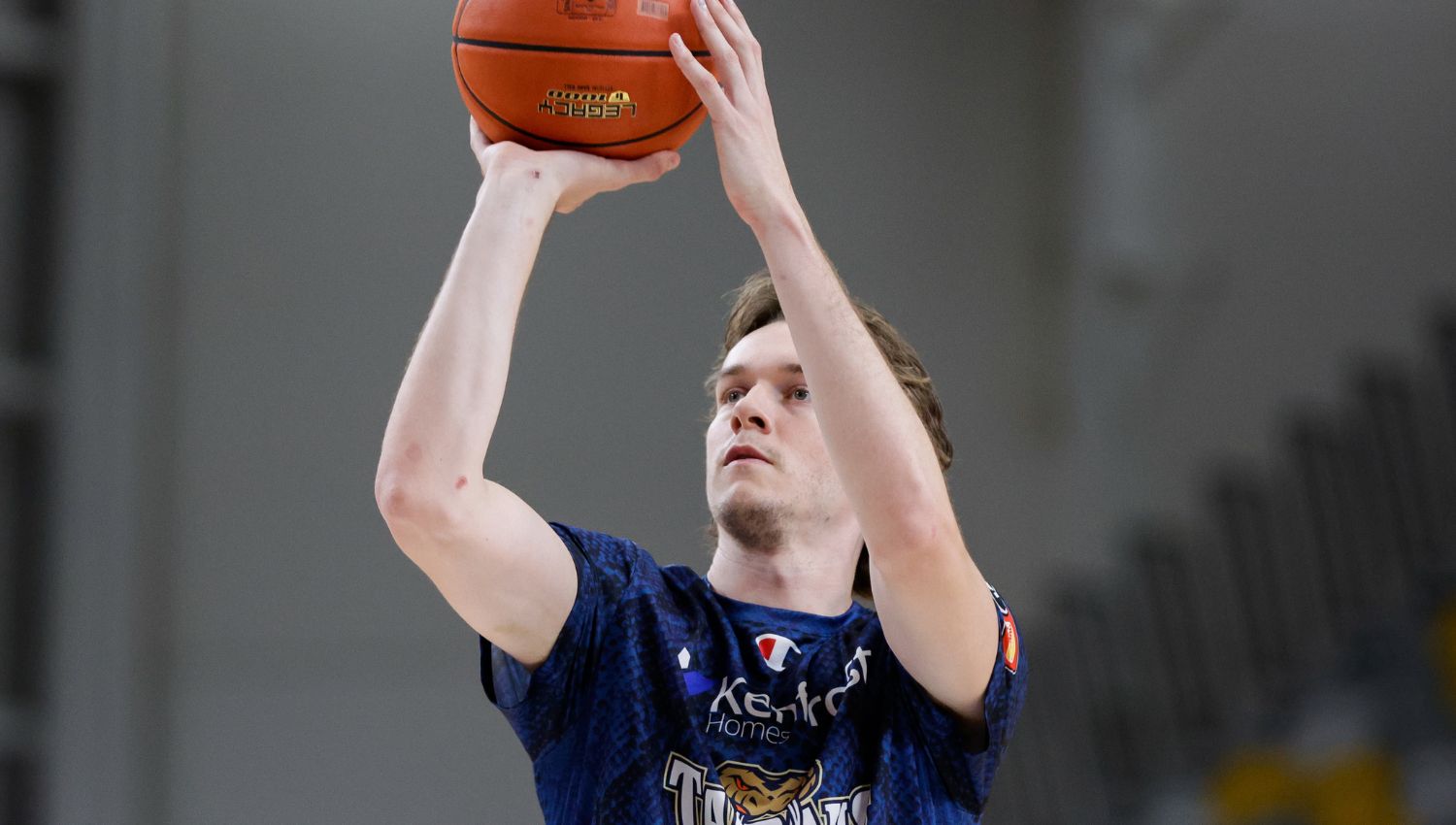
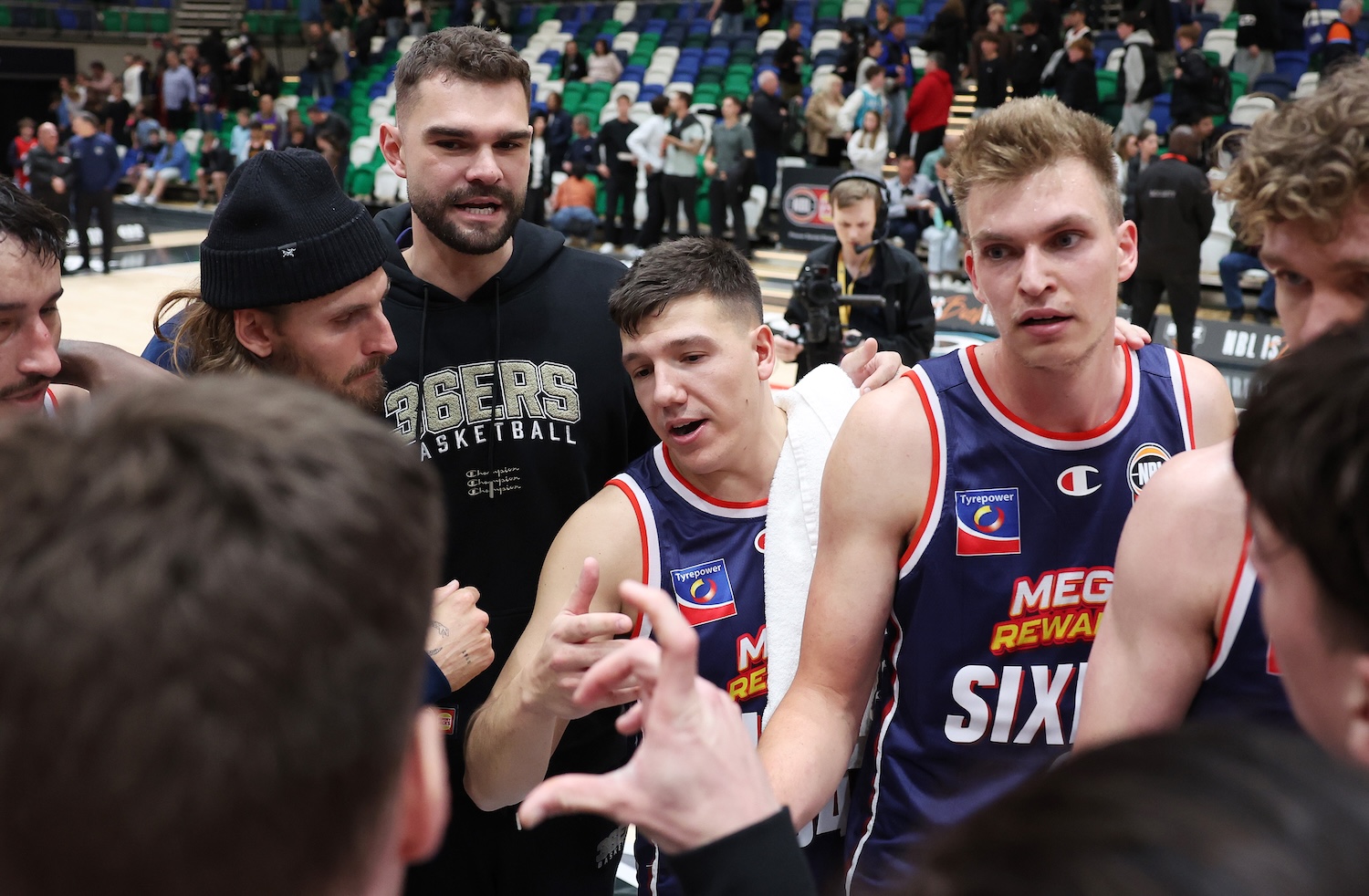
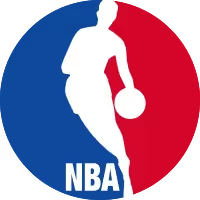
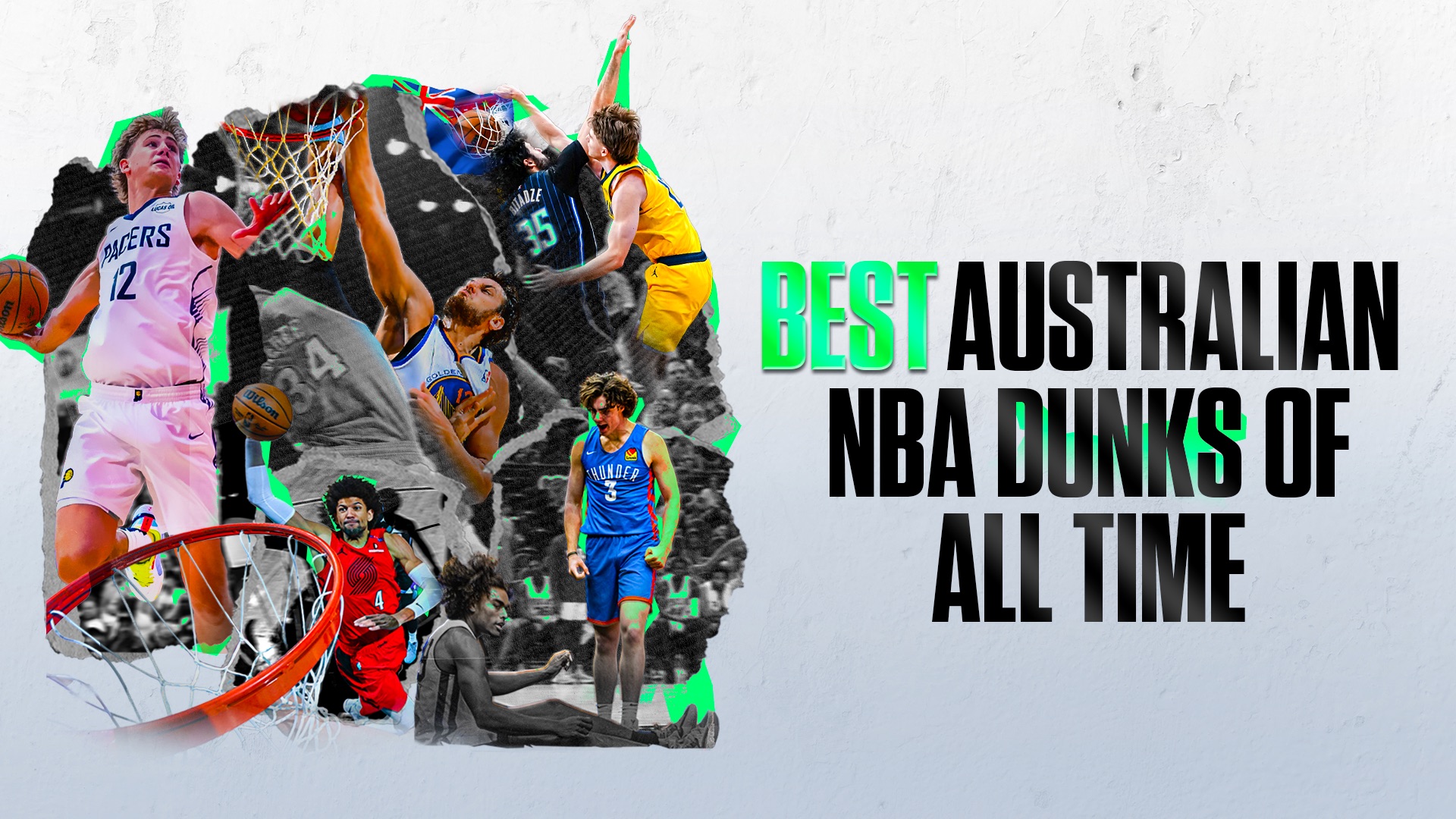
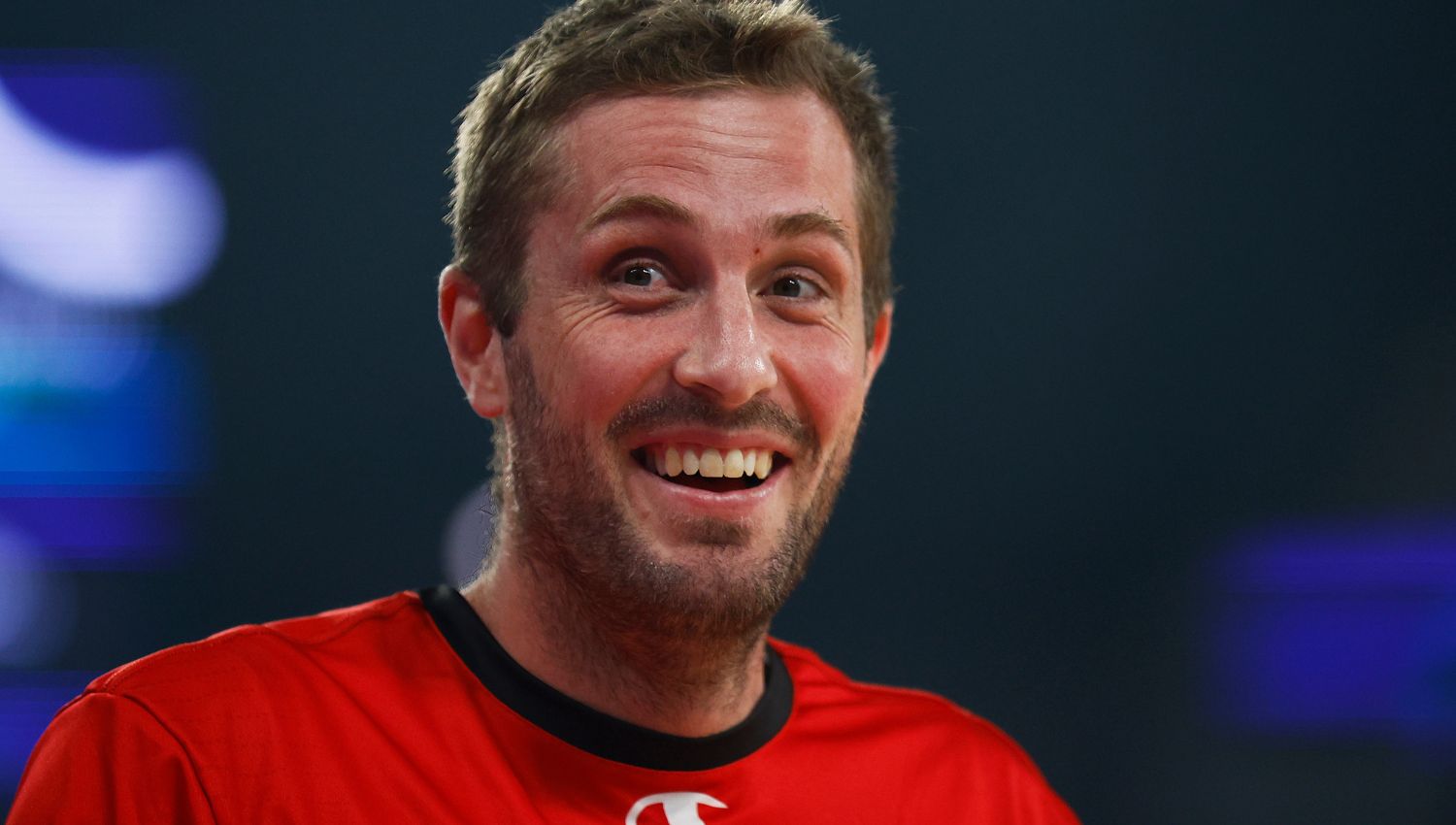
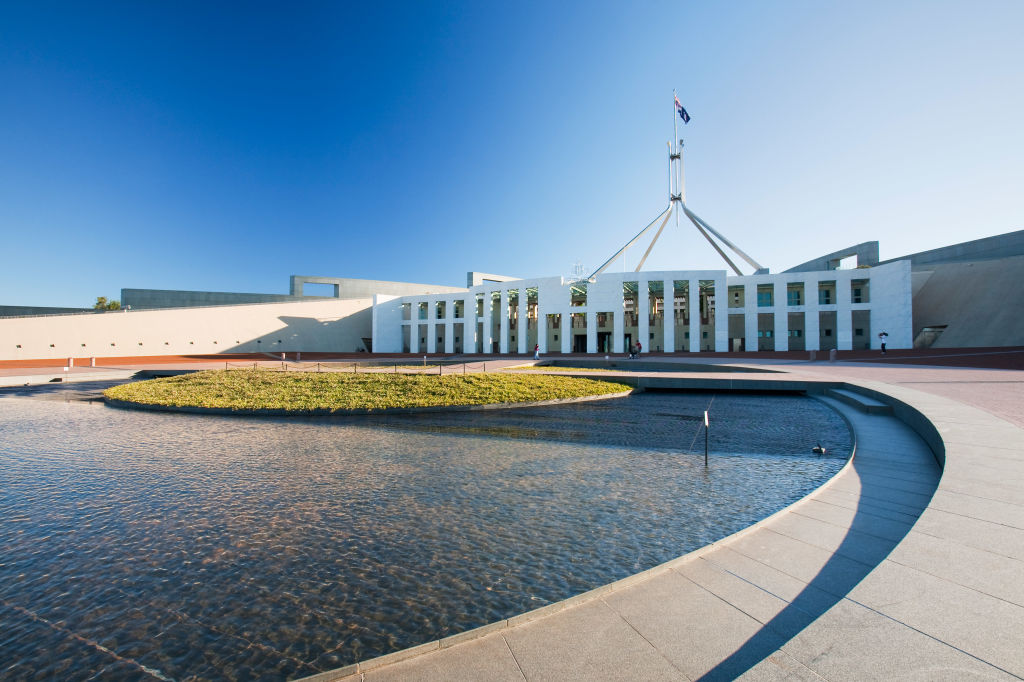
.jpg)
